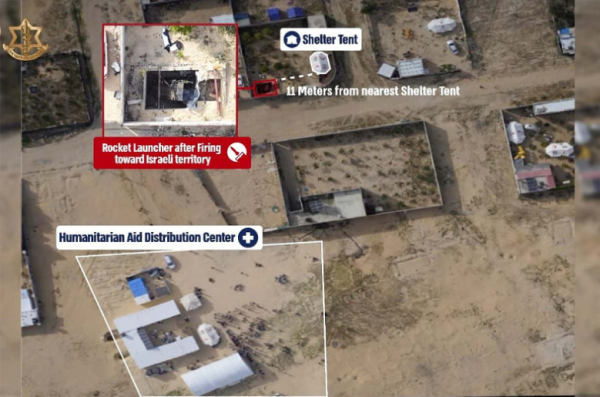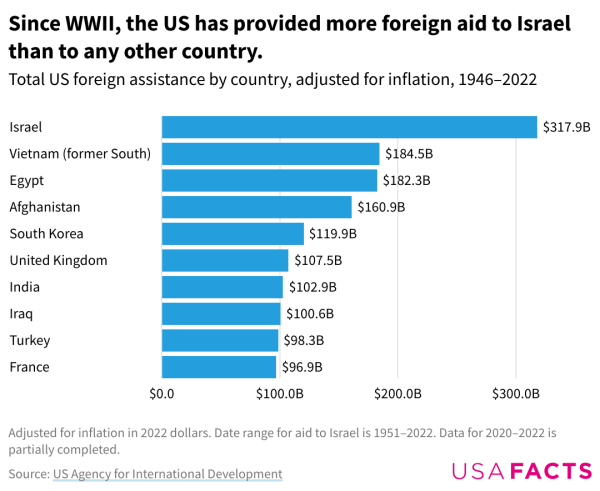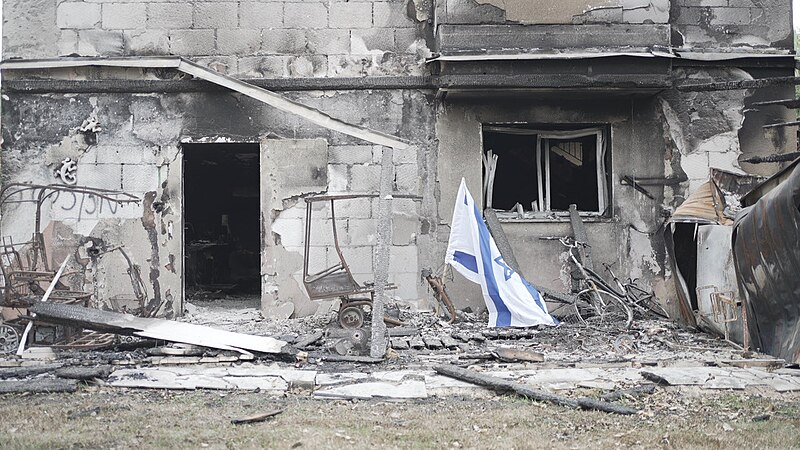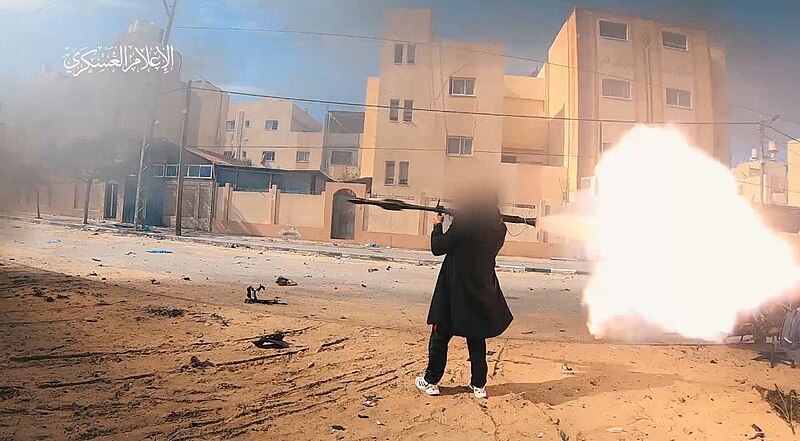The Middle East is a region that has been defined by volatile and multi-dimensional conflict. Currently, Israel is at odds with Hamas in Gaza, Hezbollah in Lebanon, and, most recently, directly with Iran.
The war in Gaza took a turn on Oct. 7, 2023, when Hamas launched its unprecedented attack on Israel, targeting civilian and military sites across the state. Israel retaliated with the intent of destroying Hamas, responding with major air and ground operations against the infrastructure of Hamas.
These strikes have taken a major toll on the humanitarian situation, creating thousands of casualties and vast displacement.
The densely packed urban landscape in Gaza makes Israel’s task of mini

mizing civilian casualties quite complex. Israeli officials are time and again repeating the fact that Hamas is embedding its assets, such as weapons and fighters, within civilian areas, particularly hospitals and other medical facilities, as well as using civilians as human shields.
As a direct result, the humanitarian cost is colossal: more than 23,000 deaths, thousands of which are children, and displacement affecting about 1.9 million people, or approximately 85% of Gaza’s population.
In Lebanon, a simultaneous conflict with Hezbollah has emerged, with Hezbollah launching rockets and drones from southern Lebanon into Israel. This confrontation has seen Israeli airstrikes on Hezbollah positions deep into Lebanon and intensified IDF activity along the Lebanese border, including multiple, limited incursions within the country. Hezbollah, backed by Iran, has escalated its rocket and drone attacks into northern Israel, reaching as far as central areas.
Amid these conflicts, Israel may have launched a new, and much more significant front by striking targets in Iran on Oct. 26, marking a significant escalation. The strikes are believed to have targeted Iranian military infrastructure in response to the Oct. 1 missile barrage from Iranian forces that targeted Israeli cities and military targets.
This direct confrontation with Iran is a monumental point, and could lead to a broader war that could draw in the United States, Russia and other regional powers. That outcome banks entirely on how Tehran decides to respond.
Escalation from here will prove detrimental to civilians in the region, and may result in confrontations in other parts of the world, such as Eastern Europe, where the Ukraine war continues to rage on in a brutal stalemate.
Amidst these conflicts, Isrealis like Ori Swissa experience profound emotional strain. In a recent interview, Swissa described the impact of constant threat: “People who never lived in Israel will never understand. We are in constant war with terrorists [who are] invading our lives. On Oct. 7…terrorists burst into family homes, slaughtering, raping, and kidnapping women, men, and children. We are running to the shelters of our homes when sirens are heard and we are afraid for our lives.”
Swissa spoke briefly about the crisis in Gaza, adding, “It’s truly sad to see so many people…crowded, homeless, helpless, and hungry. This is not the way I would like to see the world…I wish this was all just a bad dream.”
The Middle East is in the grip of a rapidly escalating conflict, with Israel engaged on multiple fronts to the North, West, and East, with each day bringing new dimensions to a struggle that has already had a devastating humanitarian toll.
The war serves to trap soldiers, civilians, and nations in cycles of violence, uncertainty, and fear. The emotional and physical toll extends deeply into daily lives of locals, underscoring the enduring human impact of the war.
The U.S. provides Israel with over $3.3 billion in annual aid, primarily for

military assistance, aimed at ensuring Israel’s strategic dominance and security in a region fraught with adversaries. This support—spanning advanced weaponry, intelligence cooperation, and defense systems—underpins Israel’s capacity to confront threats from groups like Hamas and Hezbollah as well as state actors such as Iran. For Washington, this alliance secures a critical foothold in the Middle East, reinforcing American interests and demonstrating a commitment to a strong regional ally capable of acting as a counterbalance to destabilizing forces.
For those interested in supporting relief efforts by the International Committee of the Red Cross (ICRC), donations can be made here: Israel-Gaza Emergency Appeal, and information about various United Nations relief organizations, and how to support them, can be found here: How to Help | United Nations.









